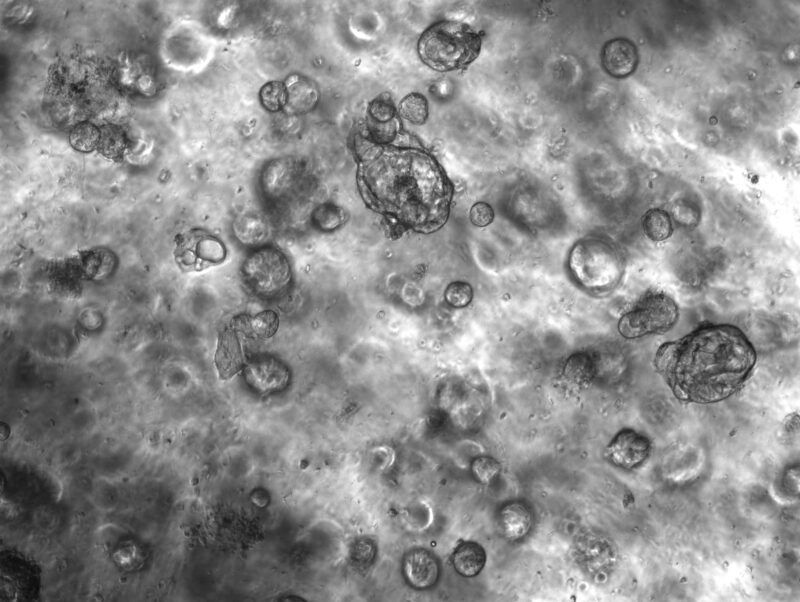High-grade serous endometrial carcinoma (HGSEC) is the most aggressive form of endometrial cancer, with a high mortality (Amant, Lancet 2005 366(9484):491). Approximately 30% of HGSEC express high levels of the human epidermal growth factor receptor 2 (HER2) (Fader, Clin Can Res 2020 26(15):3928). Unlike the great success in treating HER2-positive breast cancers, HER2 inhibitor therapies (HER2i) have not been as effective for treating HER2-positive HGSEC (Fader, Clin Can Res 2020 26(15):3928).
This project involves carrying out a drug screen utilising HER2-positive HGSEC cell lines to identify effective HER2i-based combination therapies. The most effective combination therapies will be validated in our HER2-positive organoid models, with functional behaviour monitored by live-cell imaging. This study will guide future therapeutic strategies that are desperately needed for this aggressive cancer.




